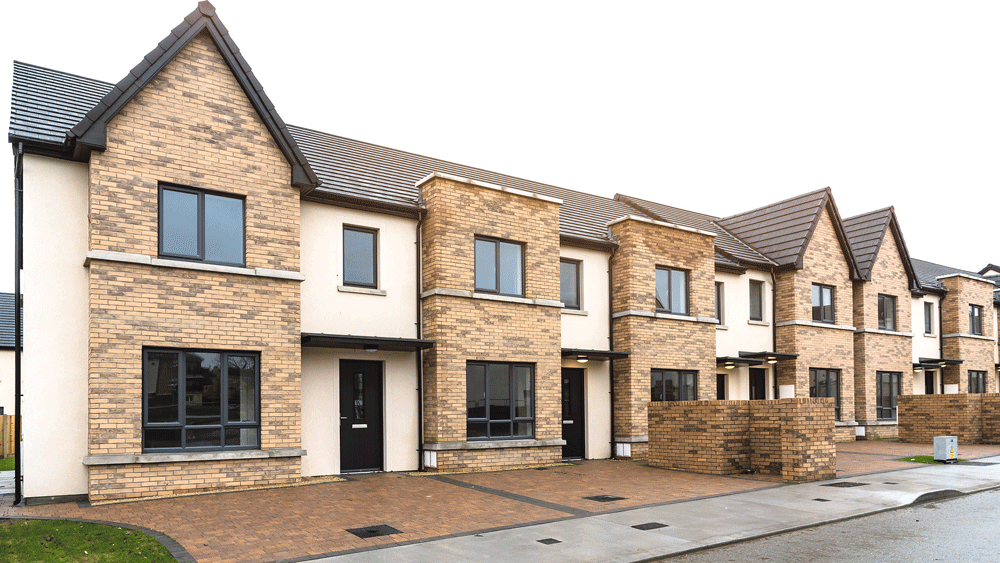
Most vulnerable waiting too long for urgent housing
People seeking medical approval for social housing have spent more than seven years on council waiting lists.
Figures shared by the council show that of the 53 allocations for social housing on medical grounds so far this year, the average wait time for those seeking a three-bed property is 7.31 years.
The average wait time for a one-bed property was 4.36 years, while the average wait time for a two-bed property was just shy of six years.
One household was allocated a four-bed property from the medical priority housing list in 2025, and had spent 3.53 years on the list, according to figures shared by the council at the September monthly meeting.
In response to a number of questions from Cllrs Madeleine Johanson (Ind), Niamh Fennell (SF) and Jess Spear (PBP), the council revealed that the average assessment time for medical approval applications currently stands at 20 weeks.
Those on South Dublin County Council’s social housing list can apply for medical priority if they or someone in their household has an enduring lifelong disability or medical condition, if their current accommodation is not suitable to meet the needs of the person with a enduring lifelong disability or medical condition and if a change in housing will improve or stabilise the circumstances of the person with an enduring lifelong disability or medical condition.
The overall average waiting time on the medical priority list for 2025 was 5.7 years, down from six years in 2024.
Data provided in response to the query from Cllr Spear showed that wait times had reduced steadily since 2018, when the average time on list for households with medical approval was 8.5 years.
“We are actively working to reduce the average assessment time for medical approval applications,” SDCC housing director Elaine Leech stated in one reply.
“To improve efficiency, we have recently assigned additional staff resources with the aim of completing assessments within a 12-week timeframe.”
She added that the “Allocations Workstream, which includes the medical and disabled person grants section has increased its staff by eight members during the period 2020 – 2025”.
Cllr Johansson welcomed the commitment to bring assessment times down to 12 weeks through additional staff resources but warned that even this timeframe is too long for families and individuals facing acute medical needs.
Responding to the figures shared with her and her fellow councillors, Cllr Johansson said the delays are “utterly unacceptable” and are leaving some of the most vulnerable people in the community waiting far too long for urgent housing support.
“We are talking about people whose health and wellbeing are at risk because of unsuitable housing. Twenty weeks is nearly five months, and even 12 weeks means three months of unnecessary hardship.
“The council must treat these cases with the urgency they deserve and ensure people in medical crisis at least get a response without delay,” she said.
Funded by the Local Democracy Reporting Scheme

